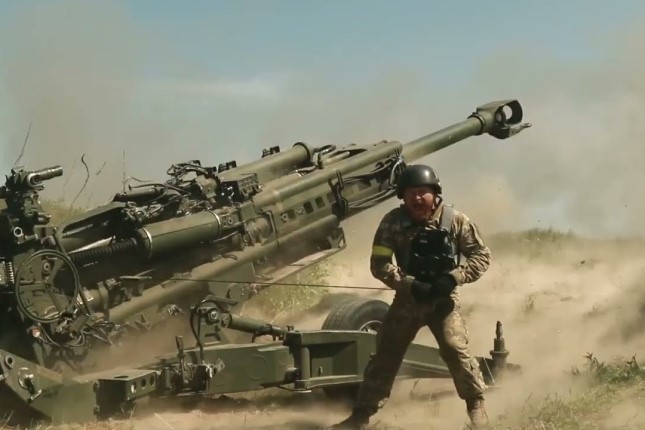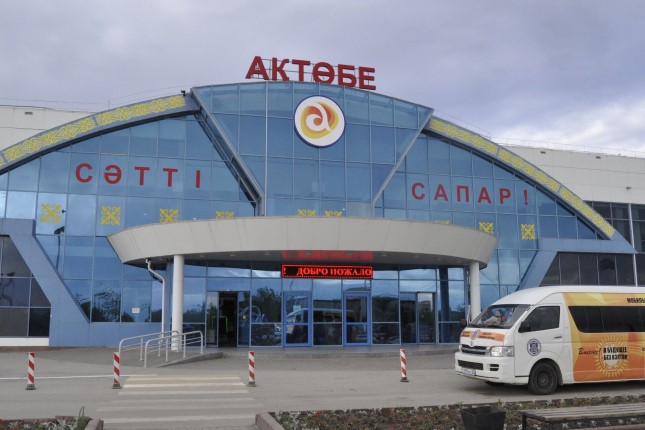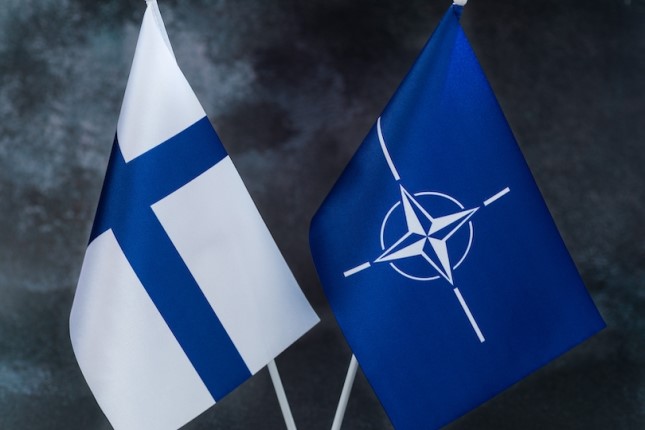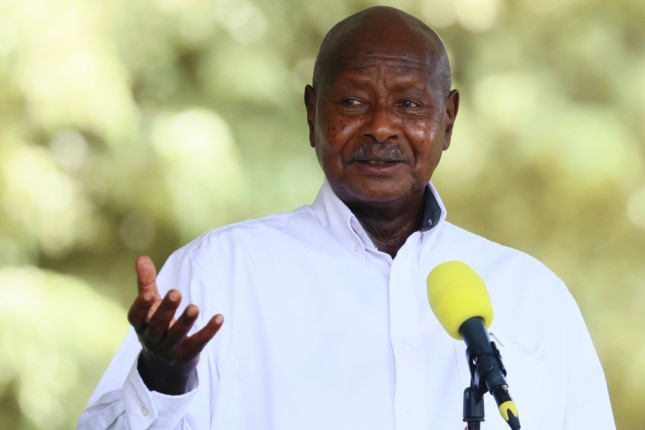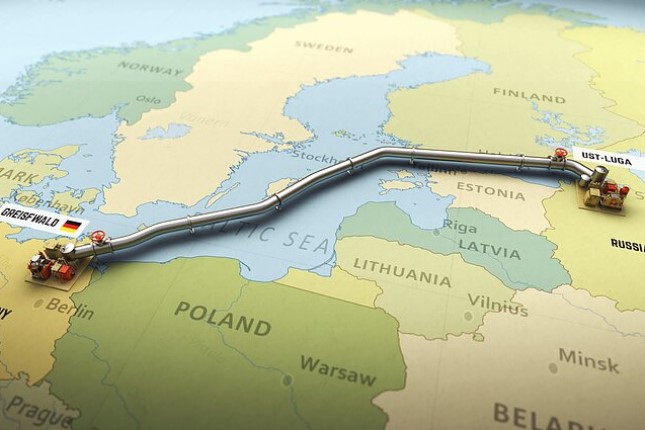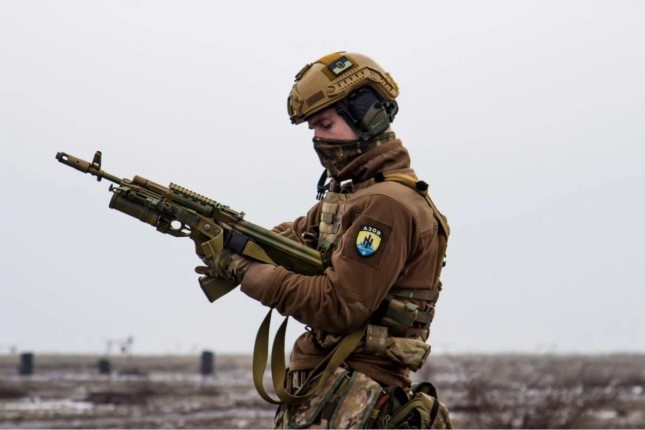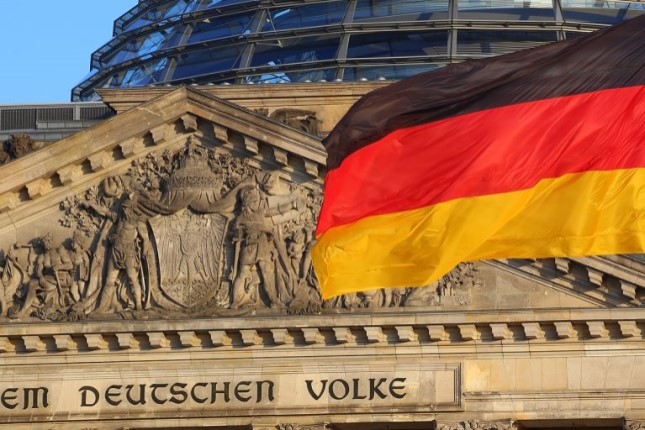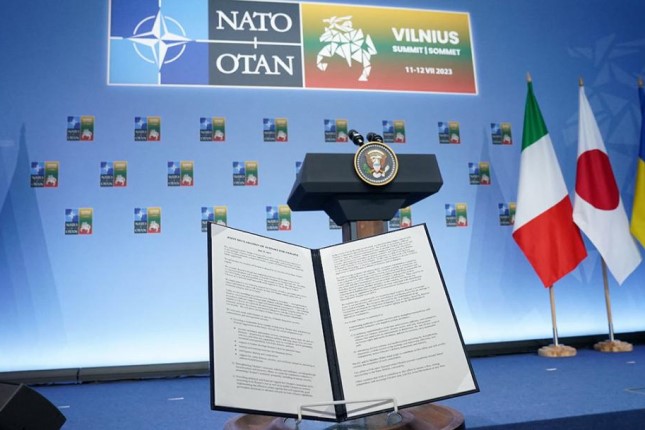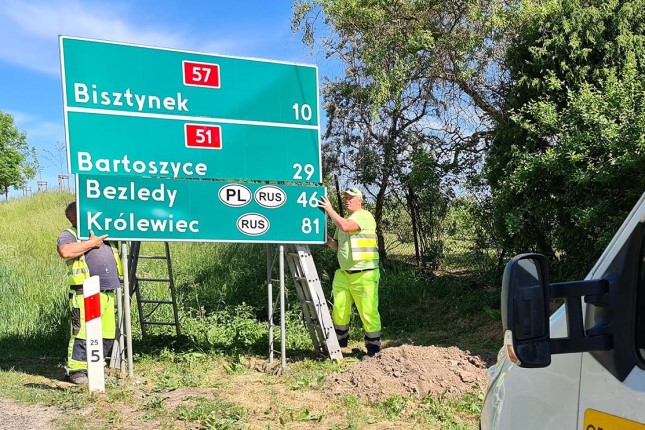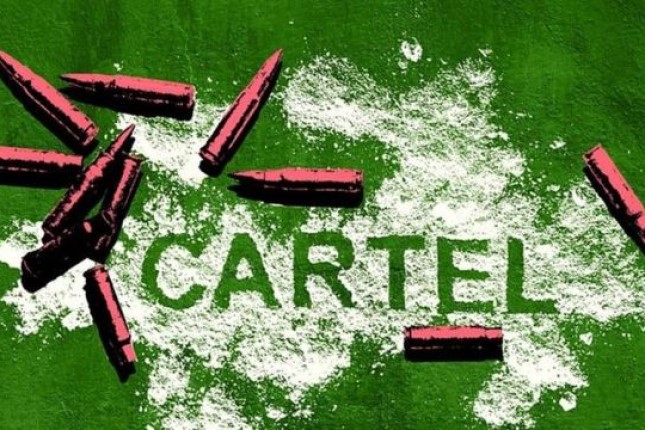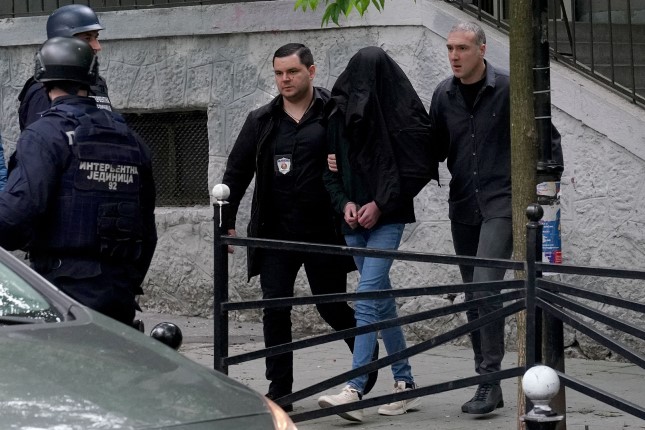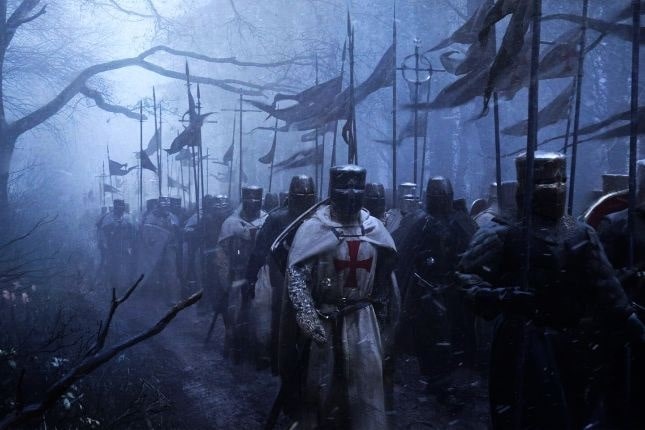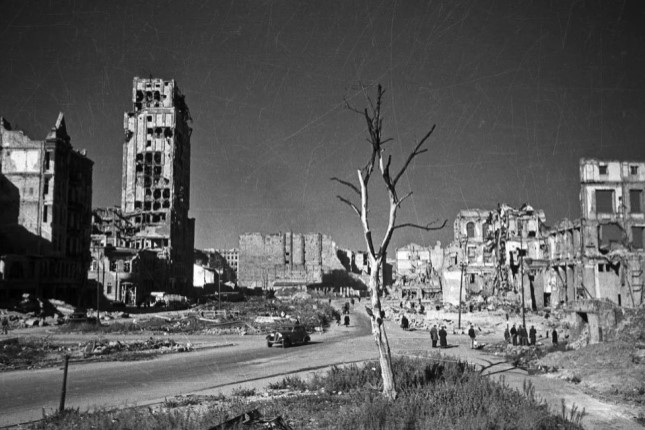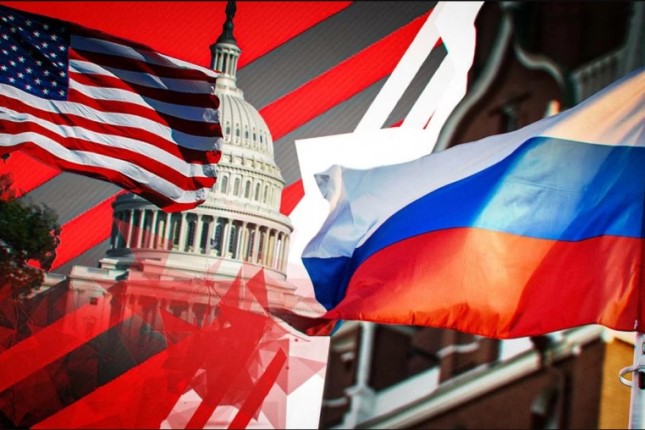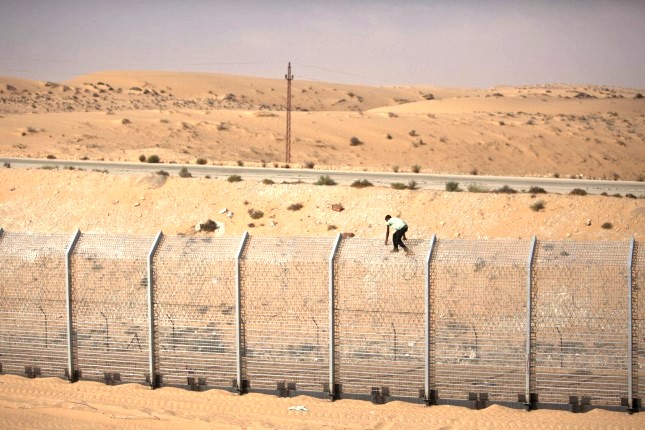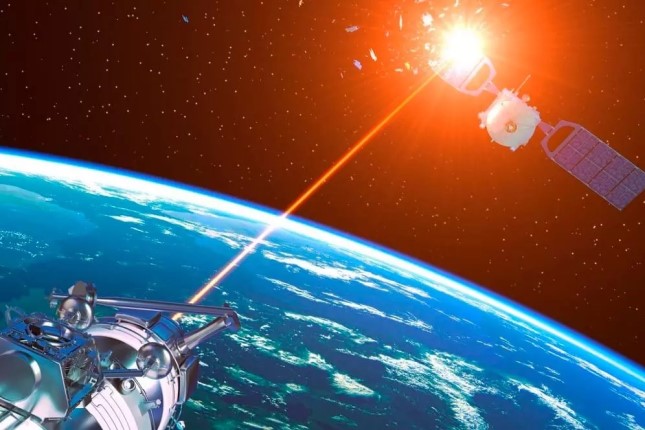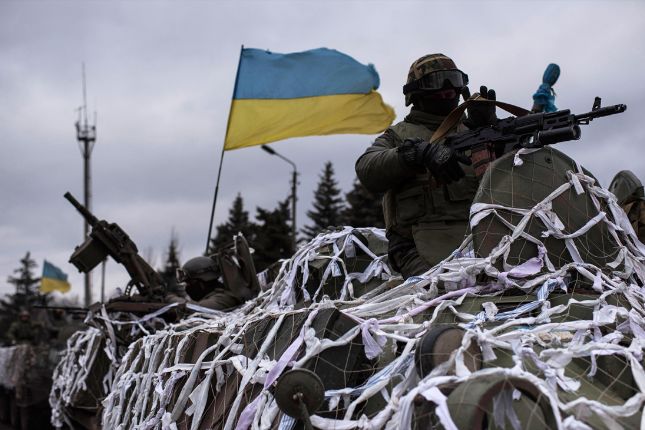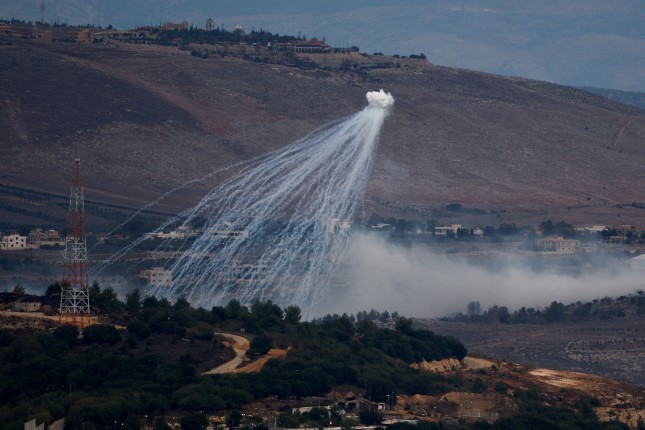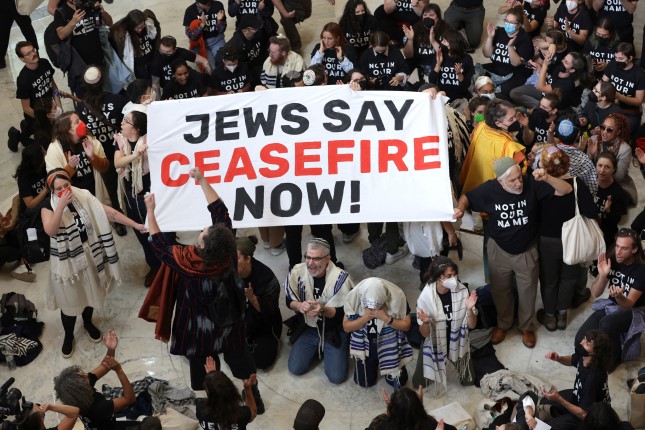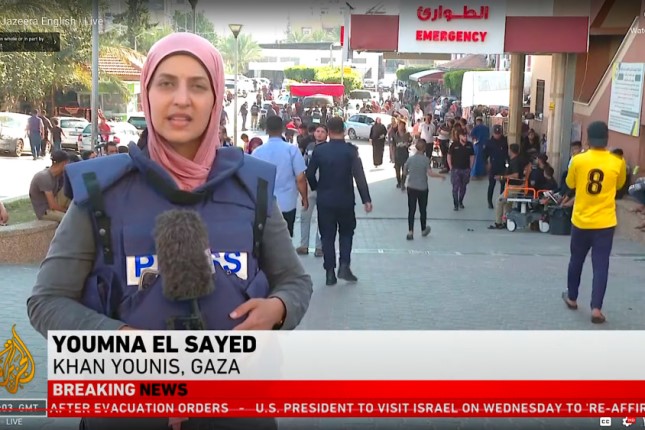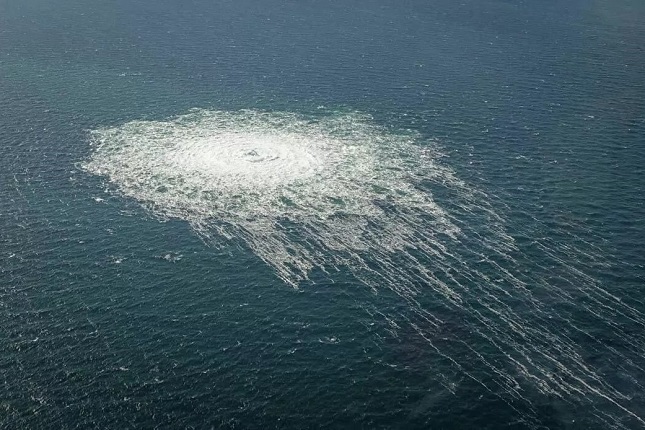Shortly after Russia launched its military offensive in Ukraine on February 24, 2022, the Ukrainian authorities decided to hand out weapons, primarily firearms, to citizens.
In early March, Russian media reported that Kyiv had issued an order to hand over 18,000 guns to territorial defence volunteers, police officers and ordinary civilians.
As is known, the Russian takeover of the Ukrainian capital has never come.
However, in the next few days following the distribution of weapons in Kyiv, a number of violent assaults and burglaries were reported in the capital, with assailants using guns handed out by the authorities for self-defence purposes.
Before long, such reports stopped circulating in the Ukrainian press: either the authorities disarmed the criminals and restored law and order, or the local media were told: "not to rock the boat" for fear of frightening Ukrainians with the prospect of domestic unrest.
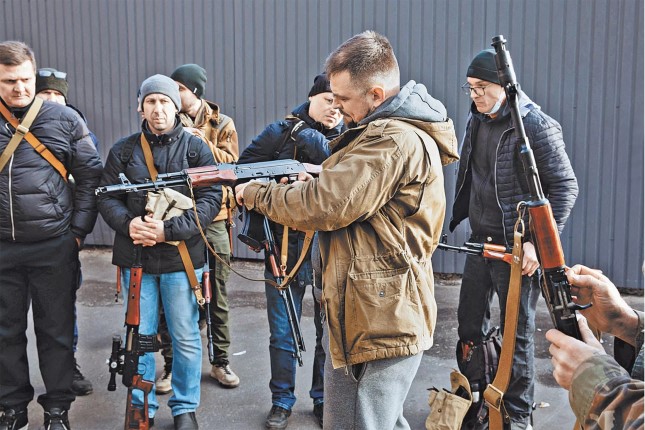
Guns are handed out to citizens in Kyiv.
What happened to the guns handed out to "civilians"?
Throughout the nine-month military conflict in Ukraine, Western and Russian media, along with some Telegram channels, have repeatedly voiced concerns that the weapons that were distributed carelessly and hastily in Ukraine may end up on the black market and in the hands of European criminal gangs.
The reaction of readers and authorities to these warnings varied from scepticism to panic.
As we reported earlier , until recently, there was little evidence to support these concerns. Sadly, things have been changing for the worse lately.
Western media, for instance, Exxpress, have every reason to believe that some of the weapons supplied by the US, other NATO countries and EU member states to Zelensky's government are popping up on the Darknet, a shadow segment of the Internet where criminals routinely buy and sell weapons.
The range of military equipment listed on the Darknet and available for purchase in Kyiv and other Ukrainian cities primarily features firearms, especially assault rifles. Many of them can probably be traced back to the distribution of weapons to territorial defence fighters and civilians, including criminals, during the early days of the conflict. Still, that is half the trouble.
The Darknet also offers more powerful weapons for sale: portable air defence systems, missile launchers and, believe it or not, even US-made howitzers.
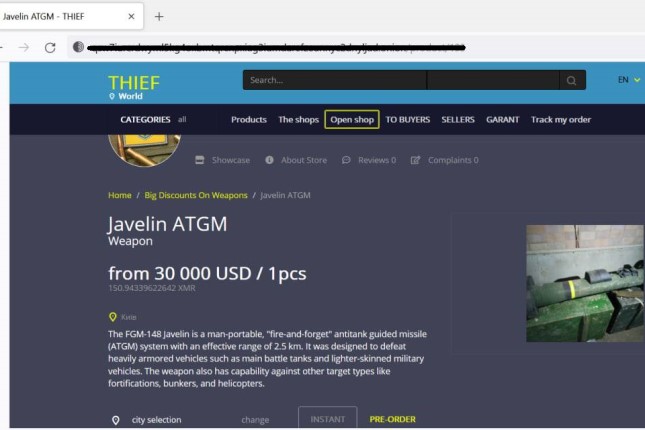
Finland was the first country to raise the alarm, largely because Finland's geographic location and political history make it particularly sensitive to any developments in Russia and Ukraine.
Soon after the Ukraine conflict broke out, Helsinki applied for NATO membership and promptly obtained approval from Brussels. Still, receiving support from NATO in the context of a potential external threat is one thing, but dealing with the real threat of a domestic surge in crime fueled by the influx of military-grade weapons from the Ukrainian black market is quite another.
"We have indications that such weapons are already in Finland," admitted Christer Algren, chief commissioner of the National Bureau of Investigation, in an interview with Yle, Finland's broadcasting company.
At the moment, these weapons are mainly assault rifles. What matters is that the commissioner referred to specific evidence from the Finnish intelligence community. In other words, these are no longer empty fears blown out of proportion by the media and social networks.
According to Finland's intelligence agencies, criminal groups are "very keen" on the West supplying Kyiv with more weapons, given that organized crime expects some shipments to be diverted and resold on the Darknet.
According to Algren, weapons supplied to Ukraine have also been found in Sweden, Denmark and the Netherlands.
Another question to consider is how weapons purchased on the Darknet are shipped to Western Europe.
Christer Algren believes that guns are smuggled into Finland and other countries through several channels. He thinks that international biker communities are one of them.
According to Algren, Bandidos MC, an international motorcycle gang, is highly likely to be involved in arms smuggling as it has a network of "agents" based in every major Ukrainian city. Arms are mainly smuggled into Finland by sea: ports do not have the same level of security as airports, which is why smugglers have favoured ports as an entry point for centuries.
As a seasoned law enforcement officer, Algren has seen this before. He clearly remembers how stolen and captured assault rifles spread around the criminal enclaves of Europe after the war in Yugoslavia.
The commissioner had to admit that European police officers would have to deal with illegal arms trading in Ukraine for years to come. "This is the price we will have to pay here for standing up to Russia!" the policeman declared.
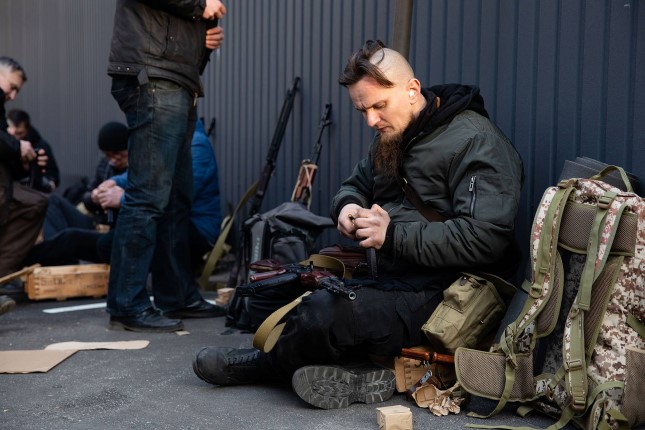
A Kyiv resident is charging an automatic rifle obtained on the street.
The tricky part is to ensure that ordinary Finns agree to pay this price. Judging by the comments of those who read the interview, many Europeans do not share Algren's enthusiasm.
What is more, there is a great deal of scepticism and doubt about the official explanation provided by EU authorities regarding the origin of stolen weapons. Ordinary Europeans find it hard to believe that portable air-defence systems and howitzers were stolen and resold under the counter by Ukraine's rank-and-file criminals.
"The Ukrainian elite has to get money somewhere to live comfortably in Vienna," notes one user nicknamed Theo, hinting that most weapons listed on the Darknet do not come from the underworld's back alleys.
"Zelensky needs money, hence the need to sell weapons and constantly demand new shipments from the EU," echoes another user called Martin. As for the competition between guns and butter, Europeans are beginning to suspect that butter is the preferred option in the corridors of power in Ukraine.
However, some comments are even more sarcastic. "Who would have thought it! Allegedly, a decent and respectable state and its totally trustworthy president are unable to manage the numerous railroad deliveries of weapons purchased with Western taxpayers' money and donated to Ukraine. What a terrible thing! It must be a misunderstanding <...>. The newly discovered circumstances will reveal that the Ukrainian leaders and officials have nothing to do with it," an unknown user concludes.
It is obvious that the emerging issue needs to be addressed immediately and in a more effective manner. The question is whether we know how to do it.
